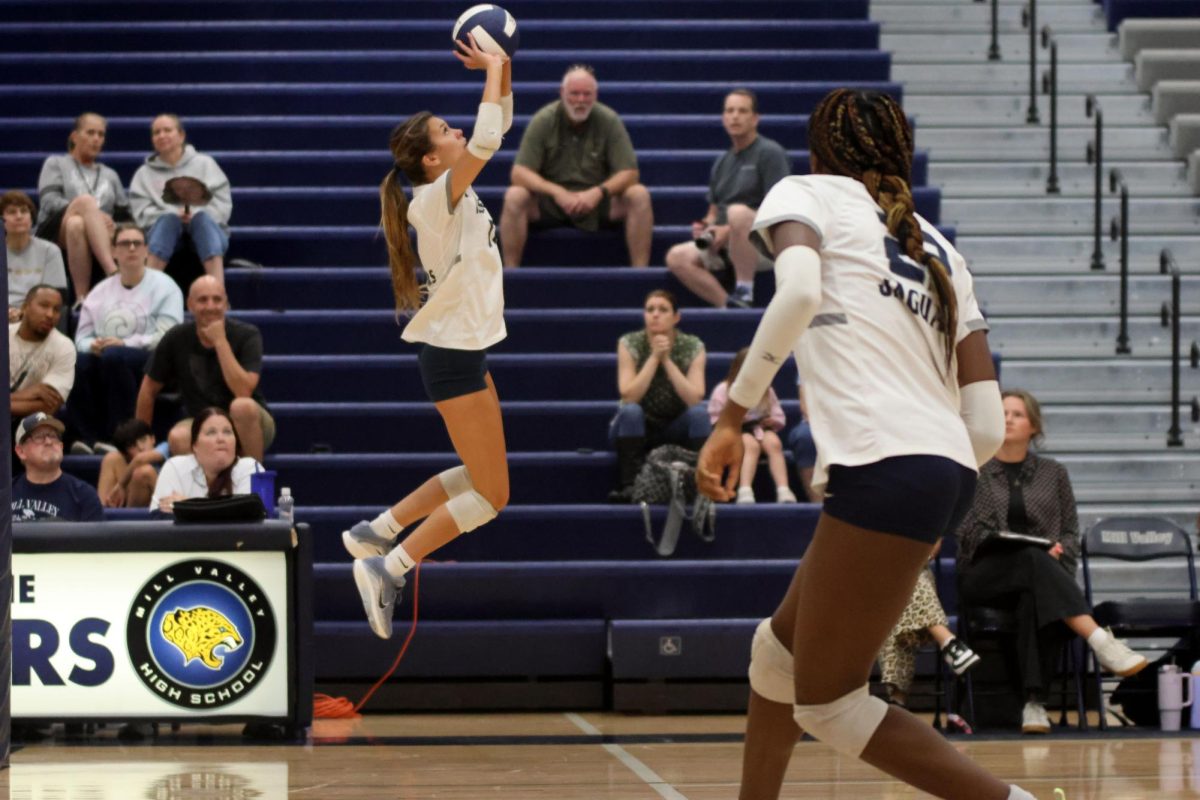Maybe you’ve experienced watching one of your friends dozing off across the room, only to be jolted awake by a book slammed on their desk by the teacher. Or possibly, you’re the one who can never seem to keep your eyes open during class. Either way, studies show that teenagers these days aren’t getting enough sleep. Unfortunately, not keeping caught up on your ZZZ’s could have more serious effects than getting a “C” on your math test, and the truth may surprise you.
Experts recommend that teens get at least eight and a half to 10 hours of sleep a night, almost three hours more than adults need. This is because adolescents’ bodies are growing and changing and they need a chance to re-energize. Getting enough sleep also helps process the information taken in during the day.
Approximately two to three patients each week come in to College Park Family Care Center with sleep issues, according to certified physician’s assistant Deborah Aldridge.
For teens, these problems could arise for a multitude of reasons.
“Most high school students schedules are over-extended. Not only do they juggle schoolwork and extra curricular activities, many have jobs as well,” school nurse Sherleen Haynes said. “Sleep is usually the first thing lost with ultra-busy schedules.”
According to Aldridge, students will find themselves being even more productive the day after they get enough shut-eye than days they stay up until 1 a.m. studying or doing homework.
Students in math teacher Laura Deuschle’s classes may find themselves getting an unusual punishment when caught falling asleep in class.
“The first time [I see them] I typically ask them if they’re feeling okay,” Deuschle said. “After that is established, I let them know they will be standing if they can’t stay awake.”
Senior Macauley Garton knows what it’s like to get enough sleep and still get his homework done.
“I go to bed around 9 p.m. during the school year, but 8:30 p.m. at the beginning of football season,” Garton said. “I’ve never had problems getting my homework done before, but this year I do only because I’m a senior and I procrastinate.”
While Garton is going to bed at 9 p.m. every night, sophomore Alec Santaularia stays up until about 12:30 a.m. for various reasons.
“I just don’t go to bed. I watch TV, read, do homework,” Santaularia said. “There’s too much to do during the day that there’s no way I could get to bed on time.”
Students who have sleeping habits similar to Santaularia’s could be experiencing side effects they don’t even know about due to sleep deprivation.
“Research studies on lack of sleep have proven how vitally important sleep is to our bodies,” Haynes said. “These studies have shown how chronic sleep deprivation, or not getting enough sleep over a long period of time, can affect memory, impair your thinking, or limit your concentration. All important aspects of learning and succeeding in the classroom.”
There are multiple ways that teens attempt to make up for their lack of sleep. According to health teacher Amy McClure, one of these strategies is drinking coffee or energy drinks in the morning.
“Caffeine is a stimulant,” McClure said. “It gives you false energy. [Teens] should cut back on caffeine and instead organize their time more effectively.”
Another way teenagers try to make up for their lack of sleep during the school week is sleeping in on the weekends.
“One to two hours [of sleeping in] on the weekends are good if you are sleep deprived,” Aldridge said.
However, this is where the line needs to be drawn. According to Aldridge, sleeping in until 4:00 p.m. does nothing to help catch up on sleep. This habit could actually make it more difficult to get up on Monday because you’re confusing your body after it recently got more sleep than normal.
One habit that is healthy to develop is creating a sleep routine. For those who find it hard to fall asleep in the first place, having a bedtime schedule can make it easier because it tells the body when it’s time to go to bed.
This doesn’t mean that every night at 9 p.m., you pop a Tylenol P.M. According to Aldridge, sleep medication is okay for a short period of time, but developing a routine is best.
Garton has established his own schedule before bed that helps him de-stress before falling asleep.
“I get my clothes ready for zero hour, get my clothes ready for school, and get my clothes ready for practice. Then I get all my stuff for school ready for the next day,” Garton said. “I feel really stressed out if I don’t get all my stuff ready before.”
Although it doesn’t make up for lack of a sleep routine or getting enough sleep, students having a hard time feeling awake during the day may want to utilize resources like eating a healthy breakfast.
According to McClure, a breakfast should include plenty of healthy carbs and proteins with a moderate amount of fat. This means cutting back on the coffee and energy drinks. All in all, it’s important to get to bed at a decent time, develop a bedtime routine and eat a healthy breakfast, any of which will make it easier to stay awake and focused during the school day.
“In my opinion, education is very important. In order to get a good education, you need to be alert. After all, we don’t learn through osmosis,” Deuschle said.
So to those dozing off in class, maybe it’s time to try going to bed a little earlier. After all, you wouldn’t want to find yourself standing in the corner of Mrs. Deuschle’s room, would you?







